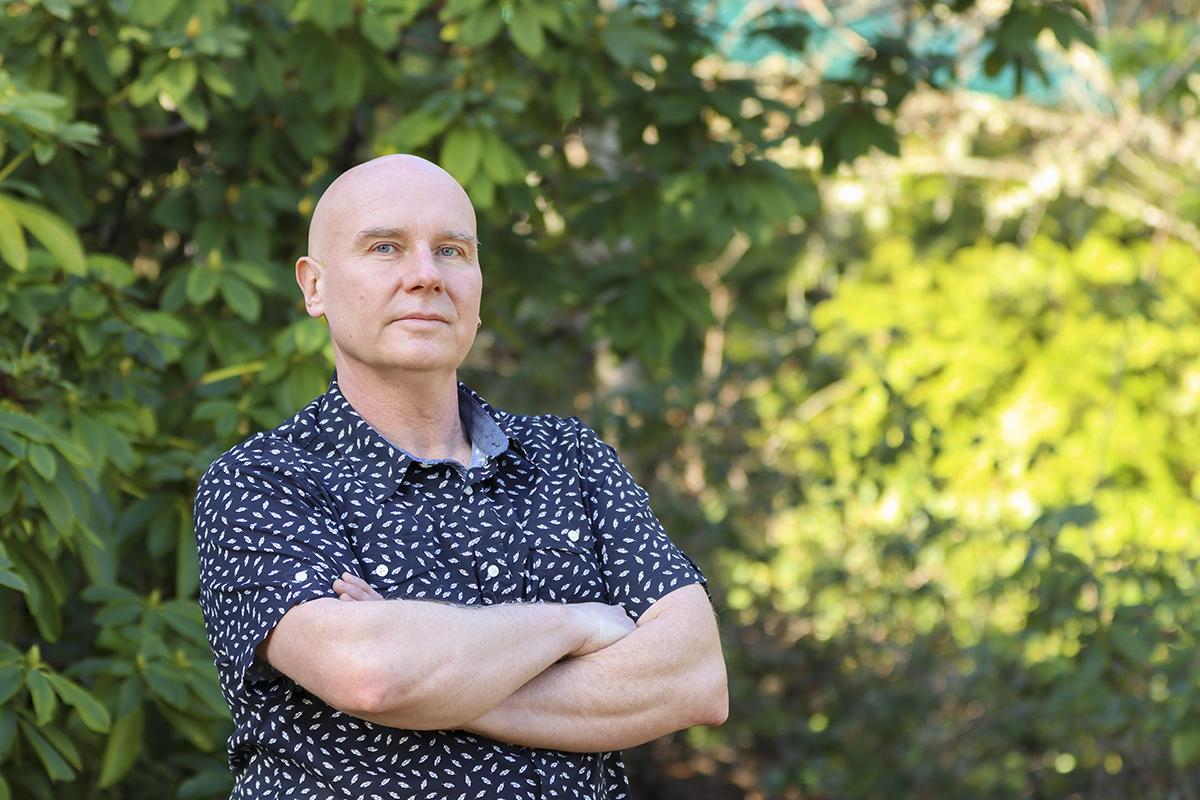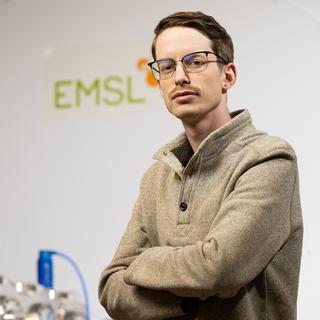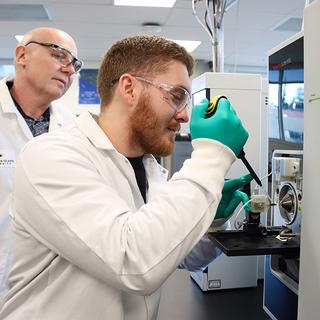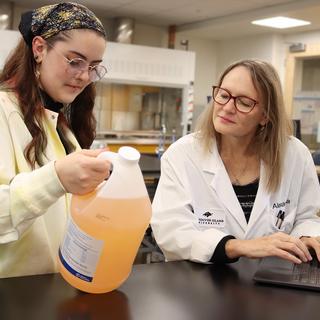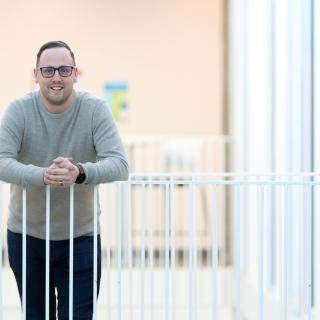Chemistry Professor Dr. Chris Gill receives a $240,000 Natural Sciences and Engineering Research Council of Canada grant to pursue research.
For two decades, Dr. Chris Gill and his research team have been revolutionizing scientific methods using direct mass spectrometry – an analytical technique that is used to rapidly measure the chemical makeup of substances.
Gill, Co-Director of Vancouver Island University’s (VIU’s) Applied Environmental Research Laboratories and a Chemistry Professor, aims to develop measurement methods that are faster, better and cheaper, and that can be done anywhere, not just in labs.
“What we’re working on is next-generation approaches that reduce chemical measurement workflows significantly – simplifying them, eliminating complicated sample preparation steps and making chemical analysis much, much faster,” says Gill. “What might take an hour or hours to do once a sample gets to the lab would only take a minute or two and be done on-site at the time the sample is collected.”
Direct mass spectrometry has applications in situations and settings such as chemical spills, doctor’s offices, roadside DUI screening and more. Gill and his research team have already been demonstrating how mass-spectrometry can be used to save lives with HarmCheck, a technology developed at VIU that allows for rapid and cost-effective drug checking at harm reduction sites.
“I think in the early days, we were trendsetters in terms of taking mass spectrometry measurements into the field; very few people had done that,” says Gill. “It’s becoming more common now, in part because of people’s interest, and in part because people are realizing they could do it. We led that charge.”
Demonstrations of on-site direct mass spectrometry used by their group to date have ranged from mobilized urban air quality assessments in Vancouver, Victoria and Seattle-Tacoma; to in-field environmental monitoring of air and water contaminants in the Alberta oil sands; to very recent work testing street drugs on-site as part of a harm reduction strategy for the opioid overdose crisis in both Vancouver and Victoria.
Gill has received a Natural Sciences and Engineering Research Council of Canada Discovery Grant to continue building on his research. He’ll receive $240,000 of funding over five years to aid in his investigations.
“The short-term goal is to make these new methods work, and the only way to do that is to compare them to existing methods. The mid- to long-term goals are to see these strategies done on-site, while simultaneously proving they work as well, or better, than existing chemical analysis methods,” says Gill, adding that the longer-term goal is to adapt these methods for use with smaller, more portable, and maybe even hand-held direct mass spectrometry systems.
-30-
Media Contact:
Rachel Stern, Communications Officer, Vancouver Island University
C: 250.618.0373 l E: Rachel.Stern@viu.ca | T: @VIUNews

